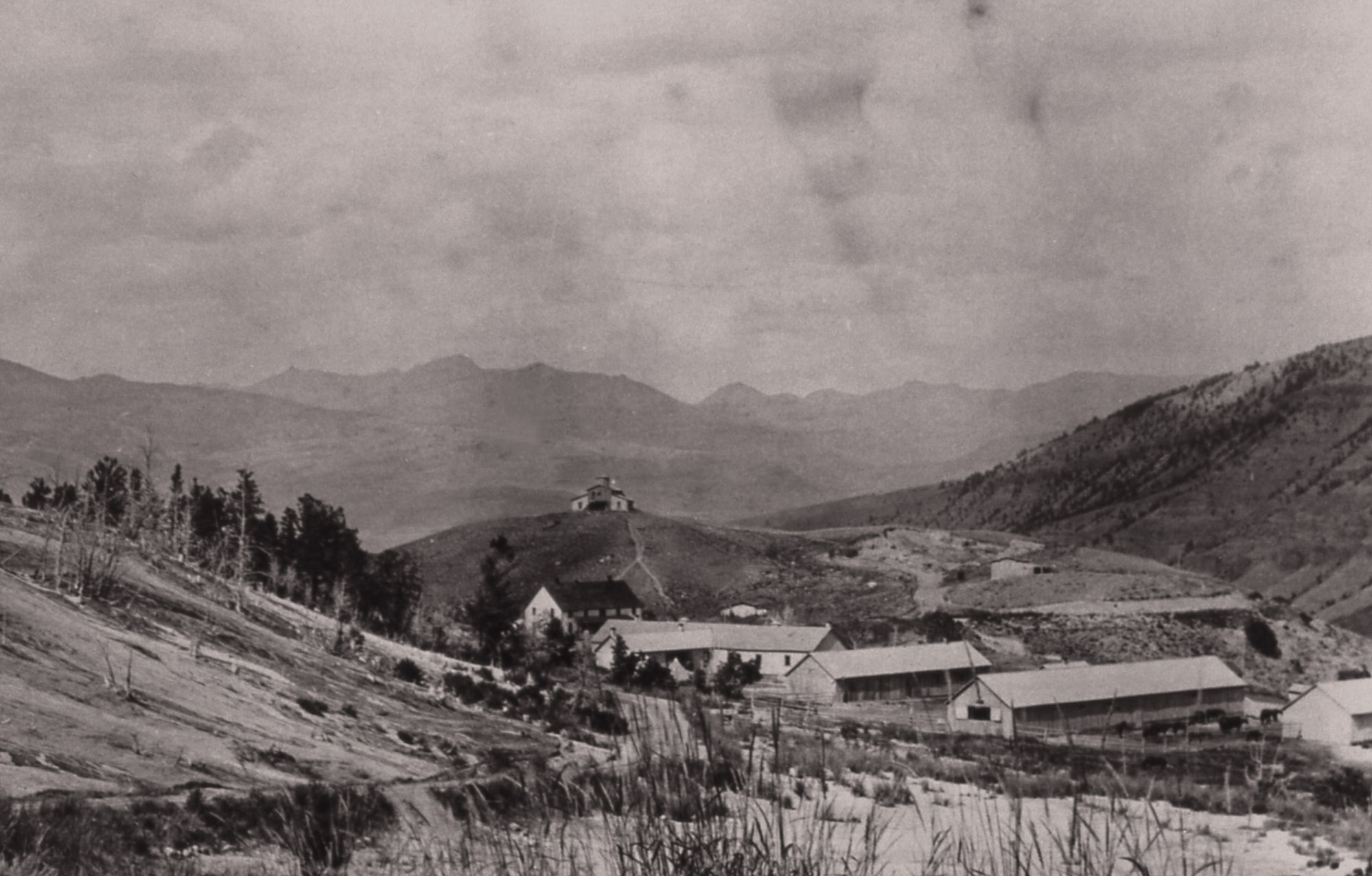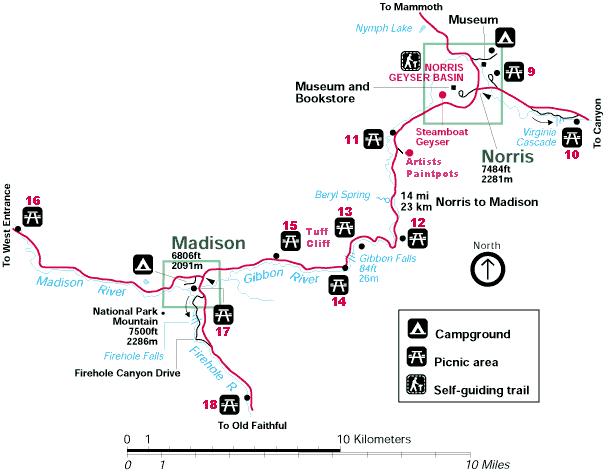

He wanted a job that paid at least as well as his NPS job and had learned the concession-company bus drivers made pretty good money. He came back a second summer, during his college years, but for his third season, he wanted to work at Old Faithful where the action-and the girls-were, according to some of his buddies who had gotten hired on with the private concession companies.

His love of backpacking and hiking began then, and his habit of reading voraciously about Yellowstone. “I’ll never forget his words.”īesides the pretty good pay and relatively easy work, he enjoyed being outside in the Park every day as well as getting time to chat with tourists. Whittlesey, I am authorized to hire you,’” he recalled. Whittlesey said he had done so, and the staffer offered him the job. The personnel staffer said he could only hire people who had submitted their application by Jan. He lucked into the position-partly with the help of his father, who had held federal positions and showed him how to apply-by showing up, along with some friends from his home in Oklahoma, at the NPS personnel office. “I thought it was the greatest job I’d had at the time,” he said. He reflected recently on his time in Yellowstone, beginning with his first job, at 18 years old, riding the back of an NPS garbage truck from a home base at West Thumb. Whittlesey, 68, retired in early May, relocating near Livingston, Montana, 50 miles from Yellowstone’s northern entrance. Those words from The Organic Act of 1916 inspired Whittlesey throughout his nearly 50-year career-minus a few years here and there in the “real world”-in various positions in Yellowstone, both with the NPS and the private sector. During a nearly 50-year career at Yellowstone National Park, Lee Whittlesey drew inspiration from the act of Congress establishing the National Park Service: “… to conserve the scenery and the natural and historic objects and the wild life therein and to provide for the enjoyment of the same in such manner and by such means as will leave them unimpaired for the enjoyment of future generations.”


 0 kommentar(er)
0 kommentar(er)
